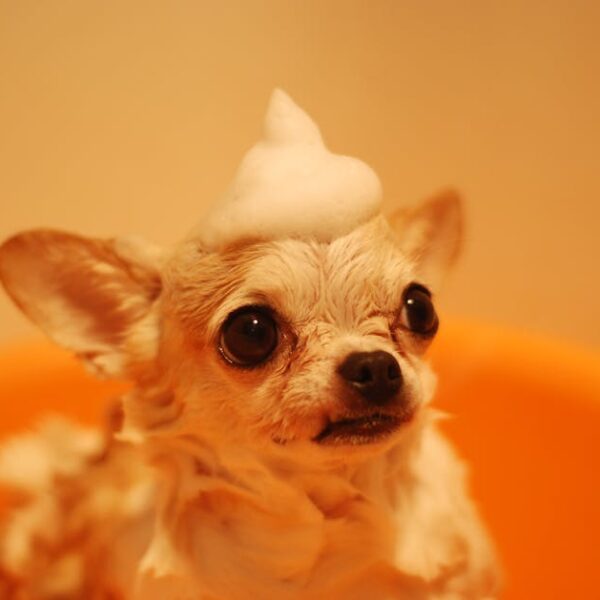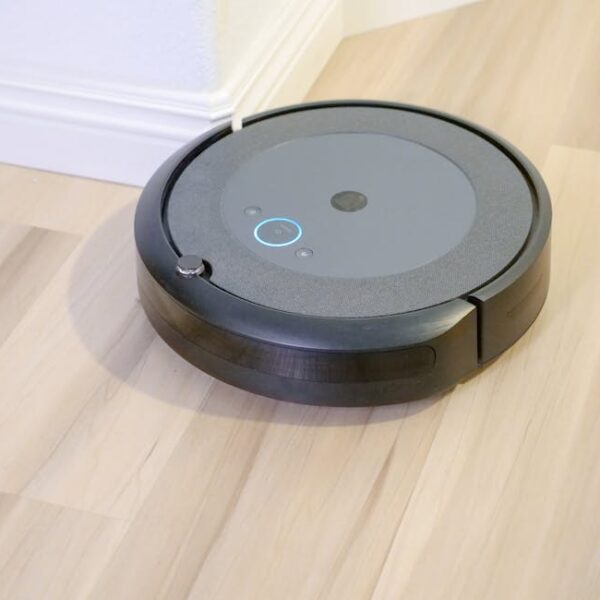Coming home to a cute feline purr or your dog’s wagging tail can be the highlight of your day. But when your furry friend starts to scratch incessantly, it could be a sign that they’re suffering from a flea infestation, a common scenario in pets. Cats and dogs often become hosts to fleas, microscopic pests that not only cause discomfort but can also pose serious health risks, such as anemia and tapeworms.
Understanding the Flea Problem in Pets
Fleas are hiding masters. They comfortably nest amidst the fur of your pets, making it difficult to spot them. Cat fleas, dog fleas, oriental rat fleas, and human fleas are a few species that affect your pet’s health.
Best practices to ensure pets are not severely affected by these hitchhikers include an inspection of pet’s bedding and favorite lounging areas. Regular grooming and observing any changes in your pet’s behavior can also give early signs of infestation.
Pro Tips: Fleas leave behind traces. Keep an eye out for flea dirt – specks of dark reddish black fecal matter- on your pet’s skin or anywhere they lounge.
The Feasibility of Vacuuming Fleas
Some pet parents consider vacuuming as an effective method to remove fleas from their fur-kids. It sounds practical, doesn’t it? You vacuum your house; why not the pet? But before plugging in your vacuum cleaner, you should weigh the pros and cons of this approach.
The pros of vacuuming include quick and instant relief for your pet, and the possibility of removing eggs and larvae that might have been nestled deep in your pet’s fur. On the flip side, it can be stressful for pets unaccustomed to the noise or sensation of a vacuum. Plus, not all vacuum cleaners are effective at removing fleas.
Pro Tips: Never vacuum your pet without proper knowledge or consultation with a vet. Ensure the vacuum cleaner is set at the appropriate suction power. Too strong a vacuum power can hurt your pet, while too low may not effectively remove the fleas.
Effectiveness of Vacuuming in Flea Removal
Notes on the efficacy of vacuuming off fleas varies. Some pet owners claim substantial success, while others regard it as a placebo. Success largely depends on how well the flea vacuuming is carried out and by incorporating it into your routine pet grooming practices.
To check whether vacuuming has been successful, observe your pet’s scratching habits post-vacuuming, inspect their skin for fleas or flea dirt, and look for fleas in the vacuum bag or canister. Remember, removing fleas is not a one-time job but a process.
Best practices to maximize vacuuming’s effectiveness involve understanding your pet’s comfort level with the process, using a handy and pet-friendly vacuum cleaner, and regular follow-ups with a vet.
Now that we’ve evaluated the feasibility and effectiveness of vacuuming fleas off pets, let’s explore alternative options, because you might find vacuuming your pets either impractical or not completely effective.
Can Cleaning Houses Help Control Fleas on Cats and Dogs?
Cleaning houses can significantly reduce flea populations on pets. By removing debris, dust, and flea eggs, you create a less hospitable environment for these pests. When considering professional help, ensure you are navigating understanding house cleaning licensing requirements by state to hire qualified services that effectively tackle flea infestations.
Alternatives to Vacuuming for Flea Removal
While vacuuming can potentially help remove fleas, there are numerous other methods and treatments that can be utilized as well. From flea collars and shampoos to oral medication and flea sprays, the alternatives are numerous and each has its own merits and demerits.
| Method | Advantage | Disadvantage |
|---|---|---|
| Flea Collars | Easy to use and can provide long-term protection. | Not all pets tolerate them, can be less effective with long-haired breeds. |
| Flea Shampoo | Quickly kills fleas on contact, nice scent. | Requires a bath, which many pets dislike, and its effect is often short-lived. |
| Oral Medication | Most effective, convenient, no mess. | Requires a veterinarian prescription, possible side effects. |
| Flea Spray | Easy to apply, can also be used in household. | Some pets might be allergic, application can be messy. |
In addition to the above listed, natural methods such as diatomaceous earth or certain essential oils can also provide some relief from fleas, although their effectiveness can vary.
Prevention is Better Than Cure: Avoiding Flea Infestations
Prevention remains the best weapon in the battle against fleas. Having a flea-free pet is far easier than dealing with a flea infestation. To initiate preventive measures, ensure that your pet’s environment is clean. Regular cleaning of their beddings and toys, frequent baths, grooming and vet visits are critical steps in preventing flea outbreaks.
Pro Tips: Incorporate flea preventatives into your pet care routine. Regular use of flea collars or spot-on treatments can keep the pests away. Brush your pets daily, especially after outdoor activities, to track any early signs of fleas.
In conclusion, dealing with fleas requires diligence, proper treatment, and a lot of patience. Whether you opt for vacuuming or prefer other flea removal methods, it’s essential to keep your pet’s comfort and safety in mind. Consistent preventive measures will equip you best against future potential infestations. Remember, a healthy pet is a happy pet!
Key Takeaway:
- Fleas, including cat fleas, dog fleas, oriental rat fleas, and human fleas, can infect pets and pose serious health risks such as anemia and tapeworms.
- Vacuuming can be an effective way to remove fleas from pets, offering quick relief and potentially removing eggs and larvae. However, the usefulness varies, and it might not be suitable for all pets.
- Alternatives for flea removal include flea collars, shampoos, oral medication, and flea sprays, with each having their own pros and cons.
- Prevention is the most effective method of dealing with fleas. Regular cleaning, grooming, and the use of flea preventatives can avoid infestations.
Remember, when handling fleas, it’s essential that your pets’ welfare and comfort are always the priority, not just their physical health. A comprehensive and consistent plan for flea control, including vacuuming and other methods, coupled with prevention measures, can give your pets a flea-free, healthy, and happy life.
FAQs
Q: Are there different types of fleas that can affect my pet?
A: Yes, there are different types of fleas that can affect pets, including cat fleas, dog fleas, oriental rat fleas, and human fleas.
Q: Is vacuuming an effective method for removing fleas from my pet?
A: Vacuuming can offer quick and instant relief for pets and potentially remove eggs and larvae nestled deep in their fur. However, the success varies, and it might not be suitable for all pets.
Q: What are the alternatives to vacuuming for flea removal?
A: Alternatives to vacuuming include using flea collars, shampoos, oral medication, and flea sprays. Each method has its own advantages and disadvantages.
Q: Are there any natural methods to rid my pet of fleas?
A: Yes, natural methods such as diatomaceous earth or certain essential oils can also provide some relief from fleas, although their effectiveness can vary.
Q: What prevention measures can I take to avoid flea infestations?
A: Ensure that your pet’s environment is clean. Regular cleaning of their beddings and toys, frequent baths, grooming and vet visits, and regular use of flea preventatives are critical steps in preventing flea outbreaks.
Spread the word and encourage others to learn about pet flea management. Look forward to more insightful topics on our site!












